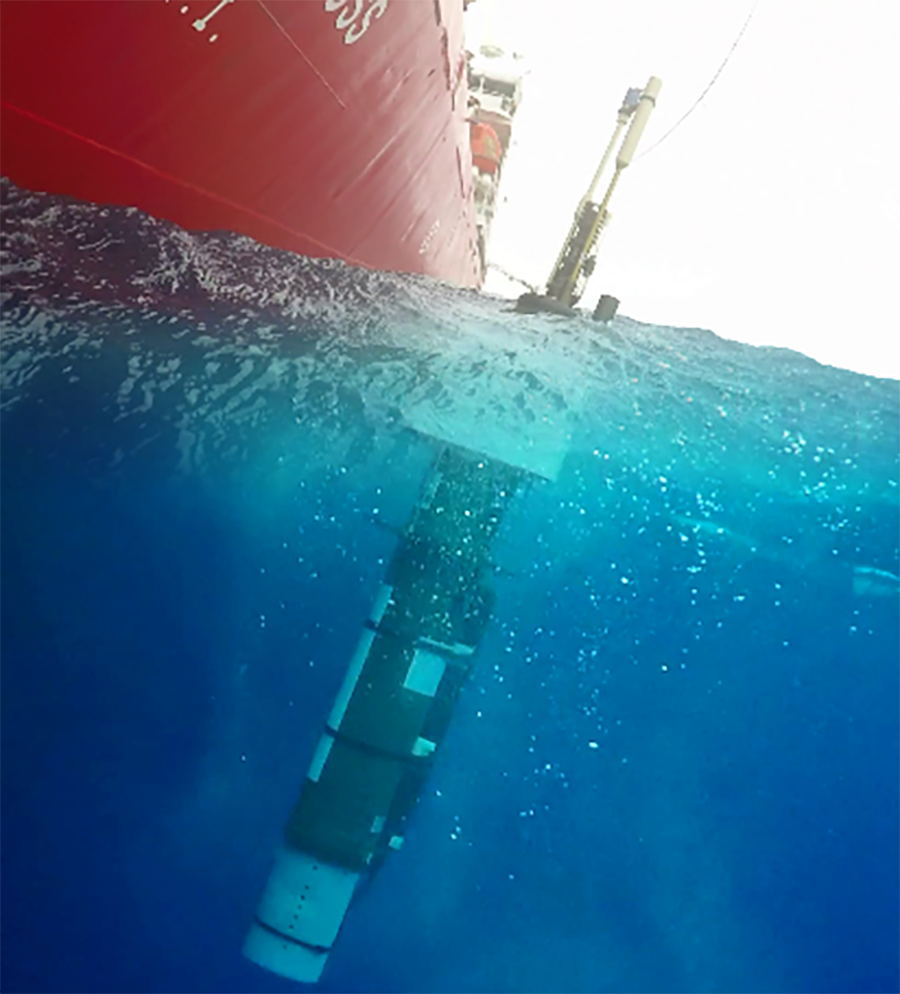The abiotic and biotic factors determining microbial respiration, a key process in ocean carbon storage
Principal Investigator: Professor Carol Robinson University of East Anglia
Despite its vital role, our ability to predict how ocean carbon storage will change in the future is severely limited by our lack of understanding of how plankton respiration varies in time and space, how it is apportioned between bacteria and zooplankton and how sensitive it is to climate change-induced shifts in environmental conditions such as increasing temperature and decreasing oxygen. This woeful situation is due to the significant challenge of measuring respiration in the deep-sea and the uncoordinated way in which these respiration data are archived. MicroRESPIRE will directly address these two problems.

We will take advantage of our leadership and participation in the international Biogeochemical-Argo programme which deploys thousands of oceanic floats measuring temperature, oxygen and organic carbon in the global ocean (Figure 1), in an international team of experts focused on quantifying deep-sea microbial respiration (working group 161 of the Scientific Committee on Oceanic Research SCOR), and our experience of collating international datasets, to produce an unprecedented database of bacterial and zooplankton respiration. We will derive estimates of respiration based on data from floats, so that together with estimates derived from recently developed methods including underwater gliders, the new database will include respiration measurements calculated over a range of time and space scales. Crucially, respiration rates will be coupled with concurrent environmental data such as temperature, oxygen and organic carbon concentrations.
This database will enable us to:
- Determine the seasonal and spatial variability of respiration,
- Determine how respiration changes with the proportion of bacteria and zooplankton present, and
- Quantify how respiration is influenced by the chemical and physical properties of the water.
This information can then be used in climate models to better predict how respiration and therefore ocean carbon storage will change in the future with climate-change induced shifts in temperature, oxygen, organic carbon and plankton community.
We will take part in a hybrid hands-on and online international training course on observations and models of deep-water respiration targeted to early career researchers to showcase the useability of the respiration database and the global array of oceanic floats. We will also prepare Science Festival exhibits on observing life in the deep ocean for schoolchildren.
The deliverables of MicroRESPIRE - a unique global open-access database of respiration measurements, new equations describing the sensitivity of respiration to changing temperature and oxygen suitable for climate models and online training materials for early career researchers - are of benefit to scientists who aim to predict how a changing climate will affect the storage of carbon in the ocean, educators who train the next generation of ocean scientists and practitioners, policy makers who need to quantify nationally determined contributions to actions limiting global warming, and scientists, engineers, lawyers, governing bodies and commercial companies designing, evaluating and implementing ocean-based carbon-dioxide removal technologies.